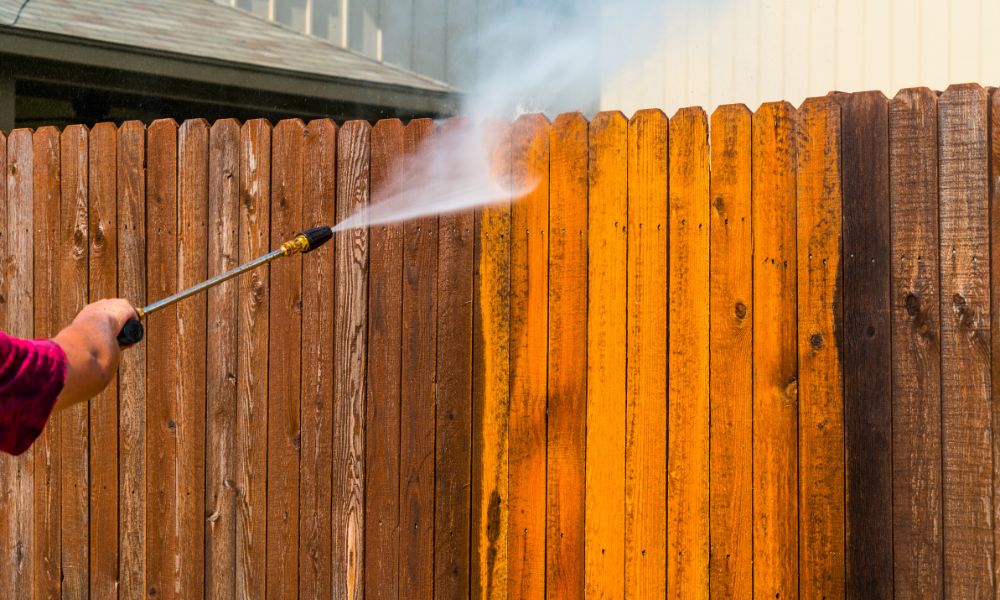
A fence is an essential part of a building and can serve to protect the privacy of your home as well as enhance its aesthetic quality. For several centuries, wood was the go-to material for making fences in many parts of the world. Today however, vinyl fences have risen rapidly in popularity. Produced from polyvinyl chloride (PVC), these modern fences provide several unique advantages. Here is why you should choose a vinyl fence instead of a wooden one.
Aesthetic Options
Many homeowners love the rustic beauty that wooden fences can add to their buildings. However, vinyl fences offer diverse designs and styles from which they can choose according to their architectural style and taste. These options range from gleaming white standard picket fences to elegant privacy fences of various different colors and textures. This versatility allows homeowners the freedom of choice to select a fence that matches with their building’s general aesthetic.
Improved Privacy Protection
Your fence can serve as a barrier to protect your family’s privacy from the prying eyes of neighbors. With wooden fences, gaps and cracks can often appear between panels due to the impact of weather conditions. However, vinyl fences are strong, sturdy and last longer than the wooden variety, ensuring greater protection of your privacy.
Strength
Wooden fences often break and crack under pressure or when they are accidentally hit. However, vinyl fences are five times stronger than wood, enhancing its durability and giving your home greater protection from intruders.
Anti-Moisture
The greatest downside to using wood fences is their susceptibility to damage caused by exposure to moisture. Regular contact with water in the form of rainfall and dew can cause decay and rot in wood. However, vinyl fences are naturally moisture-resistant and would remain rot-free regardless of the amount of exposure to moisture as they do not absorb water. In view of this, vinyl fences are often recommended for use in buildings located in areas with high humidity or frequency of rainfalls.
Ease of Maintenance
Wooden fences require a great deal of regular maintenance to keep them free from rot, pests and decay. Measures such as repainting, sealing and spraying anti-pest chemicals are frequently required to keep wooden fences in top shape. This can consume a serious degree of time and resources in the long run. However, vinyl fences require no maintenance apart from cleaning them with water and soap to remove dirt and dust.
Durability
Vinyl fences typically come with very long warranties such as 30 years or oven lifetime warranties. This is because vinyl fences are known to be very durable and last long regardless of the weather conditions of their environment.
Conclusion
Traditional wooden fences are largely admired for their natural serene feel. However, vinyl fences offer a greater deal of longevity and cost-effectiveness among many other advantages. And what’s more? Some vinyl fences can be designed to look like natural wood, giving you the best of both worlds—the wooden aesthetic and the effectiveness of vinyl.

